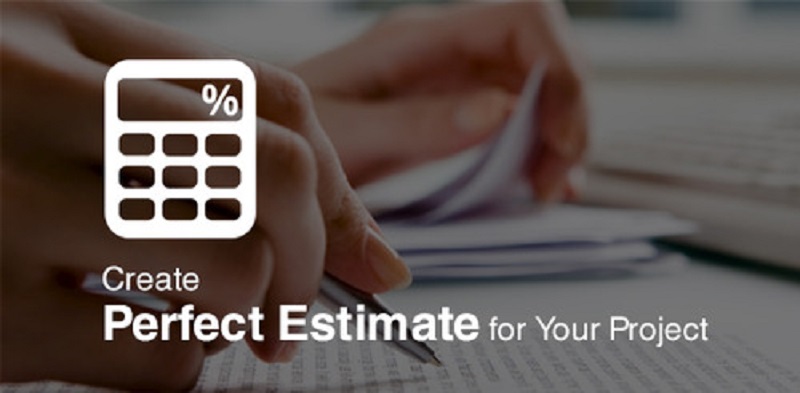Initially when you start up a business or commence with your freelancing job, more than being jittery about the project, you are more agitated about the pricing aspect. As you are well-versed with your skills, you are positive about the outcome but are unaccustomed with pricing factor.
Being a newbie, you are not sure about how to estimate the cost and just pick any number which you feel suits your project or follow same pricing pattern for all of your projects irrespective of the size and time taken for completion. This way you can encounter heavy loss. More work and less money will end your business journey. Instead of making profit, your business may witness a downfall at the initial stage, itself. Even if you are not good in numbers, you need to track your expenses, appropriately to get paid right. Due to lack of prior experience you may face complexity but as time passes, you will be acquainted with the price estimation too.
However, we can decrease your level of anxiety by providing you some useful tips that will help to estimate your project price, accurately.
Time tracking – Essential for creative business:
Sometimes a 50 page website may get completed within a month while on the other hand a 15 page website designing may take months together for completion. Now if you estimate your project price depending upon the size of the website then certainly you are inviting loss. Project completion depends upon the difficulty level, effort put in, creativity, search and other such time-driven factors. Months together, you work on certain project without undertaking anything new and if you price it as per the size, you will be definitely paid very less. Hence for such projects, price should be estimated as per time taken. When you start accounting for every hour of effort, your productivity may improve. Track each task independently with respect to time taken and then estimate the overall price.
Estimate cost for each task, individually:
You need to integrate various components to come up with one project. Each component will have its own value. Check how much time and effort, each task takes and quote price according to that. There are some tacks for which you cannot estimate specific amount. For such unbillable tasks, you should set certain price for it or add certain percent extra cost upon your estimated price and charge the clients. These types of tasks differ from profession to profession and it depends upon the business whether they want to directly charge for it or indirectly.
Breakdown the project and present it to client:
Instead of directly showing estimates to your client, you can first explain the client how long the project would take, how you will present the features, what all tasks you need to perform and finally quote him the price. This way client will understand that you are not just vaguely estimating the price. The client will come to know that what all features he will be getting within the estimated price. If the buyer feel the budget is too high then he may courteously ask to eliminate any feature rather than rejecting the complete project. This method of estimating is beneficial for both business and client.
Detail and clear invoicing:
An understandable invoice is an ultimate key to get salary for your project. If you clearly mention all the elements for which you have priced, the client would contently pay his bill. Mention how much time you spent on each task, also mention the unbillable task. Price realistically or else you may lose your client. There is an array of online invoicing apps that allow you to create a clear and customized bill, effortlessly. Billbooks is one such online software which will help you to prepare unlimited estimates and lucid invoices within minutes.
So, next time when you undertake any project, just pay heed to the above guidelines and create accurate estimates without any complexity.



